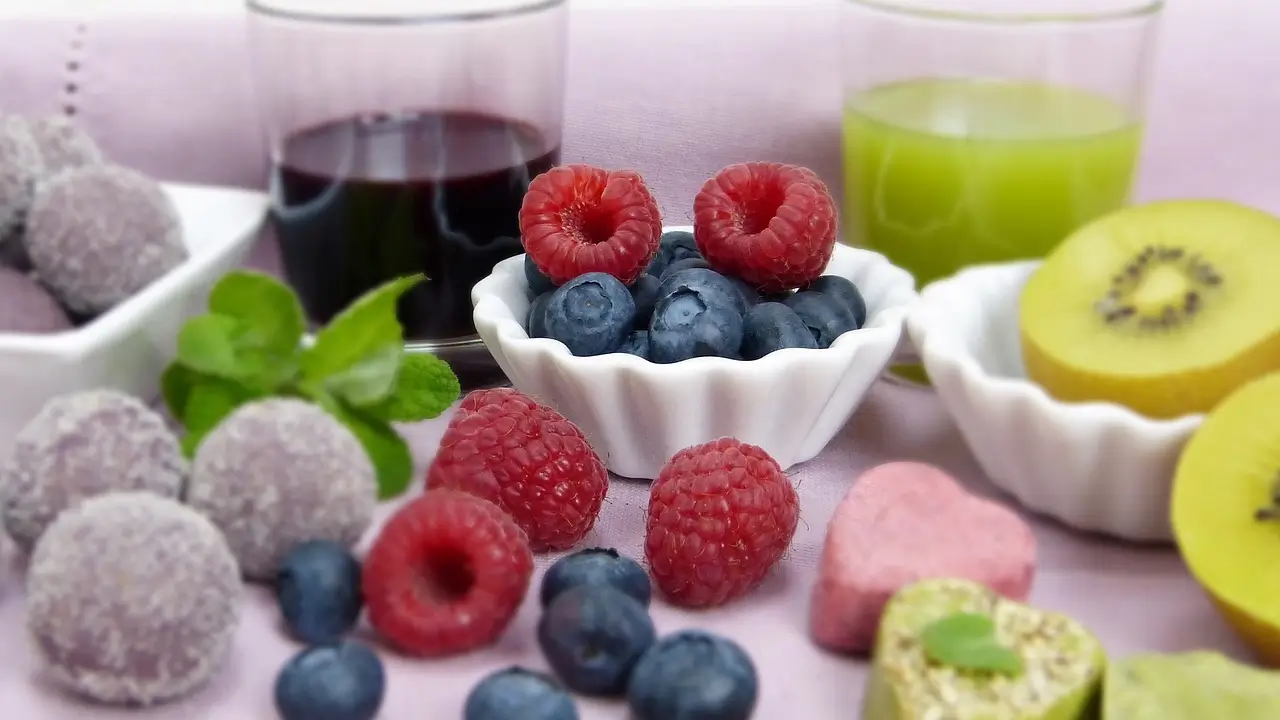Working with your doctors, physical therapy, surgery, rest, and rehabilitation routines are undoubtedly crucial components of injury recovery. However, there exists another even more critical yet often overlooked component—diet.
What you eat while healing has a significant impact on your recovery time frame. Your choices will either speed up your recovery or slow it down. So, if you’ve recently sustained injuries following an accident, it’s important to watch what you eat.
Want a speedy recovery? Let’s discuss the role of diet in your injury recovery journey and some of the foods that will speed up the process.
Don’t forget to hire an experienced law firm like Aiello Harris Abate to help if you think you have a case for your injury.
How does your body react to injury?
Many of us don’t understand what happens after an injury. And that’s perhaps the primary reason we don’t understand the connection between diet and injury recovery.
So let’s break it down.
When you experience an injury, your body initiates a complex and highly coordinated process to heal itself. Your immune system sends specialist immune cells to the site of the injury. The cells are meant to engulf and destroy bacteria or infection and isolate the affected area.
Additionally, the healthy cells around the injury will become more active, use more energy and oxygen to rebuild the damaged tissue, making good nutrition essential.
So what is good nutrition in terms of healing?
Essential foods for speedy injury recovery
The processes your body goes through following an injury require an abundance of nutrients to function optimally. Without the right nutrients, your body’s ability to heal will be compromised, potentially prolonging recovery.
Let’s explore the top foods that can aid in quick injury recovery and how to incorporate them into your daily meals.
Proteins—the building block for tissue repair
When it comes to boosting your recovery after an injury, proteins are must-haves in your diet. Proteins help repair and replace damaged and worn-out cells and tissues, which is exactly what you need while recovering from an injury.
So, what’s the role of proteins in injury recovery?
- Tissue repair and regeneration: Proteins contain amino acids, which are essential for the production of collagen and crucial proteins that form the structural framework for tissues such as skin, muscles, and tendons. During the proliferation phase of healing, proteins help rebuild tissue, and amino acids help synthesize new cells, especially in the repair of muscle fibers, skin, and connective tissues.
- Collagen formation: Collagen, one of the most abundant proteins in the body is essential for wound closure and strengthening the repair tissue. Adequate protein intake helps stimulate collagen production, which speeds up wound healing and helps with scar formation during the remodeling phase.
- Immune response: Your system requires proteins to produce immune cells and antibodies that fight infection during the inflammatory phase of healing. Proteins help fuel the activity of immune cells like neutrophils and macrophages that protect against pathogens and clear damaged cells.
Foods rich in proteins include;
- Lean meats (chicken, turkey, beef)—provide high-quality protein and essential amino acids for muscle repair and tissue regeneration.
- Fish (tuna, salmon, mackerel) —rich in protein and omega-3 fatty acids, which have anti-inflammatory properties that aid in the healing process.
- Legumes (beans, lentils, chickpeas) — high in protein and also provide fiber, which supports overall health and recovery.
- Protein supplements — directly aid collagen production, particularly useful for skin, joint, and bone healing.
Fatty acids
Inflammation is a natural part of the healing process, but excessive inflammation can slow down your injury recovery journey. That’s why you need fatty acids, omega-3 fatty acids to be precise.
Many people wonder, is fish oil the same as omega 3? The answer is that fish oil is a rich source of omega-3 fatty acids, which help minimize the body’s inflammatory response, potentially causing pain, swelling, and slower healing. Fatty acids are especially helpful in minimizing joint pain and enhancing mobility during injury recovery
There are various sources of fatty acids including;
- Fatty fish—mackerel, sardines, salmon
- Plant sources—chia seeds, hemp seeds, walnuts, and flaxseeds.
Aim to eat fatty fish at least twice a week or include plant-based sources of omega-3 in your salads, smoothies, or oatmeals. This will ensure you reap the anti-inflammatory benefits while speeding injury recovery.
Vitamin and minerals
Nutrient deficiencies have a negative impact on wound healing. Therefore, when recovering from an injury, you want to ensure that you’re getting a variety of minerals, vitamins, and nutrients.
So, what type of vitamins and minerals does your body need to fast track the injury recovery process?
- Vitamin A: Vitamin A helps regenerate skin and soft tissues while strengthening the immune system to fight off infections. Good sources of vitamin A include sweet potatoes, spinach, carrots, and kale.
- Vitamin C: Vitamin C promotes collagen formation, which is crucial for the repair of connective tissues like tendons, ligaments, and skin. Good sources of vitamin C include bell peppers, citrus fruits (lemons, oranges), strawberries, and broccoli.
- Magnesium: This helps relax your muscles and reduces soreness, which is common after an injury. Good sources of magnesium include almonds, spinach, dark chocolate, and avocados.
- Zinc: This is crucial for cell growth and tissue repair, making it vital for the healing of wounds and injuries. Sources include chickpeas, pumpkin seeds, beef, and oysters.
Antioxidants
Your injury is probably taking too long to heal due to oxidative stress. When the body is injured, free radicals are produced, which can damage healthy cells. Antioxidants like polyphenols, vitamins C and E, and flavonoids neutralize these free radicals, minimizing oxidative stress and aiding in recovery.
Therefore, you need antioxidants to help neutralize free radicals, protect cells from radicals, and accelerate the healing process.
Foods rich in antioxidants include;
- Spinach
- Blueberries
- Kales
- Dark chocolate
- Green tea
Add berries and leafy greens to your smoothies or replace your coffee with green tea. You’ll not only get a healthful treat but also boost your healing process significantly.
More water for hydration

Sometimes slower injury stems from dehydration. The signs include dry mouth, fatigue, muscle cramps, and headaches. Therefore, when recovering from an injury, it’s important to drink enough water to stay hydrated.
Water helps transport nutrients to injured areas and flush out toxins from the body.
Additionally, it helps in maintaining the elasticity of the skin, keeping muscles hydrated, and supporting efficient blood flow, all of which are crucial for healing.
So, how much water do you need to stay hydrated, especially when recovering from an injury?
A general guideline is to take at least 8 glasses of water per day. However, you may need more depending on your activity level and the severity of the injury.
Foods to avoid
While certain foods help speed up recovery, others can hinder the process by increasing inflammation and depleting nutrients. Therefore, it’s important to know the types of foods to avoid when recovering from an injury.
Here are some of the foods you should not include in your diet during your recovery;
- Refined sugars—increase inflammation in the body, which prolongs the healing process.
- Processed foods—foods high in unhealthy fats and low in nutrients like packaged snacks and fast food can slow down injury recovery.
- Alcohol—impairs the body’s natural healing processes, dehydrates the body and can interfere with nutrient absorption.
Final thoughts
Injury recovery is not just about physical therapy and rest. It’s also about what you put into your body. You can quickly accelerate the healing process by incorporating certain foods into your diet. This includes foods rich in omega-3 fatty acids, vitamins, minerals and antioxidants.
Focus on achieving a balanced diet, stay hydrated and avoid foods that slow recovery. Now you know the natural way of speeding up your injury recovery journey.


